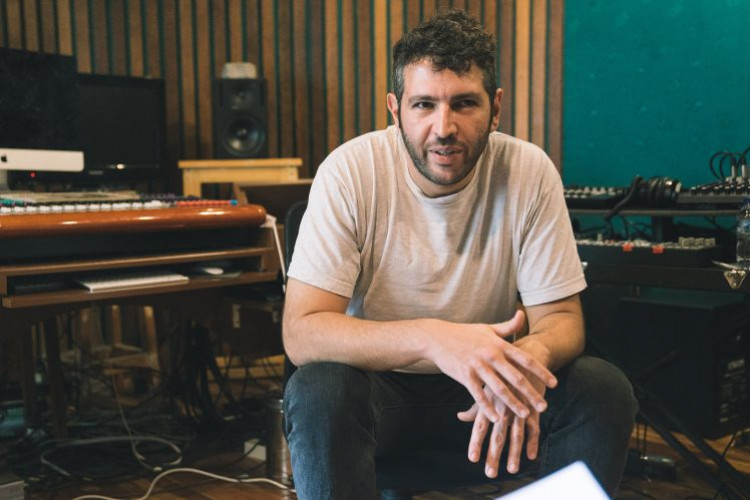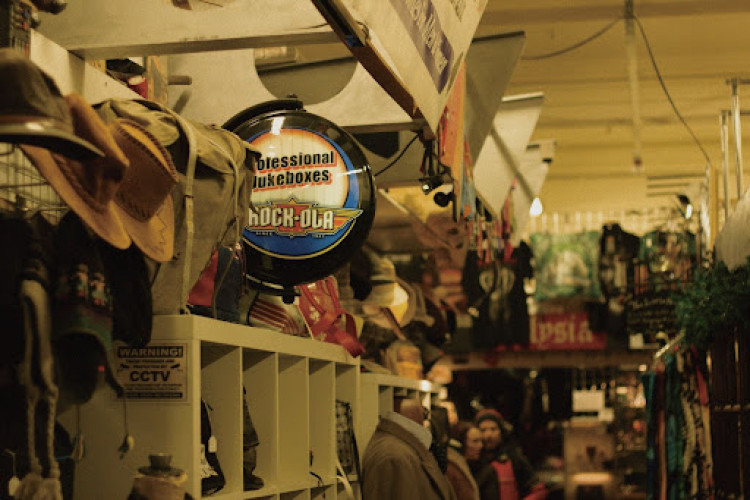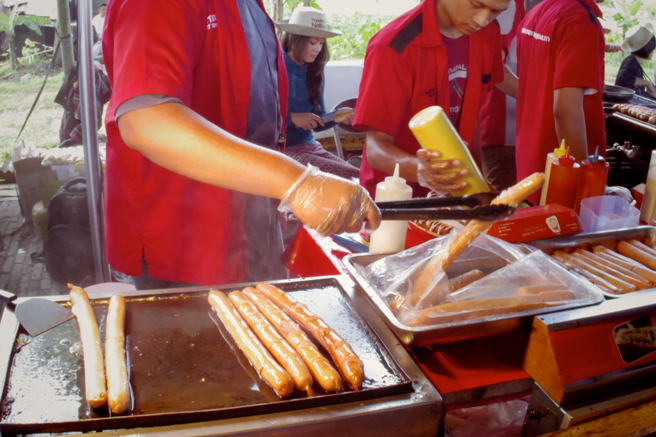
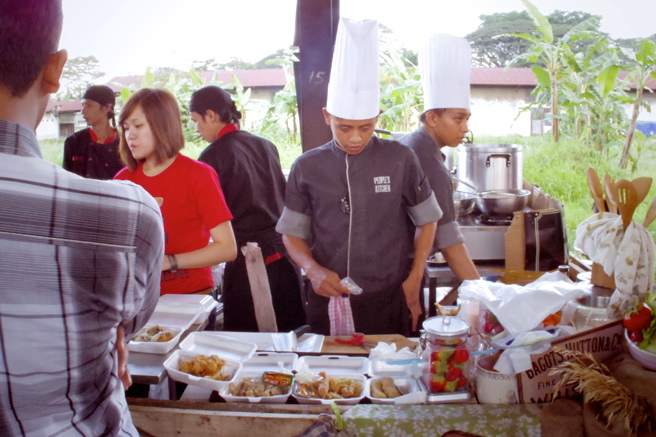
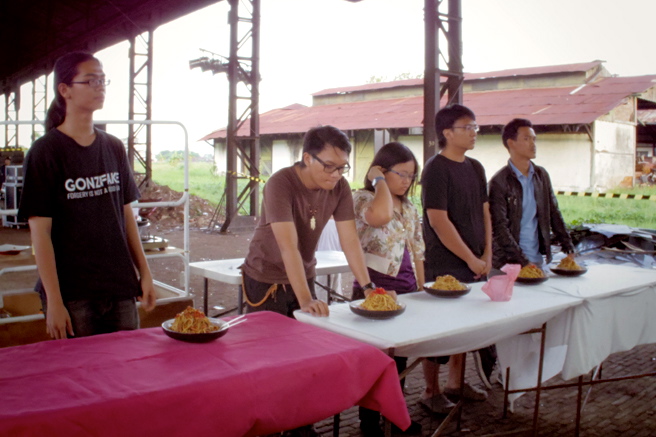
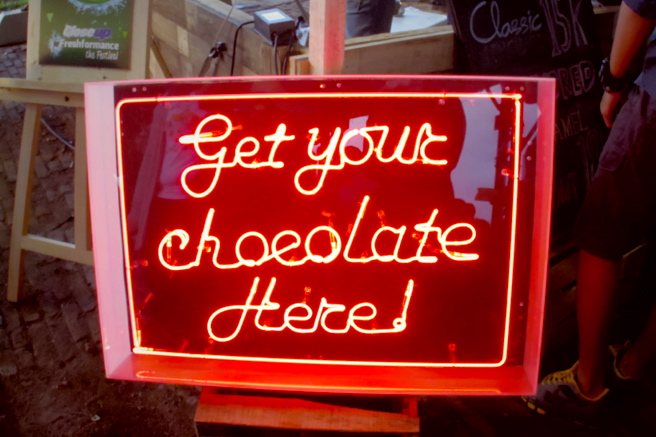
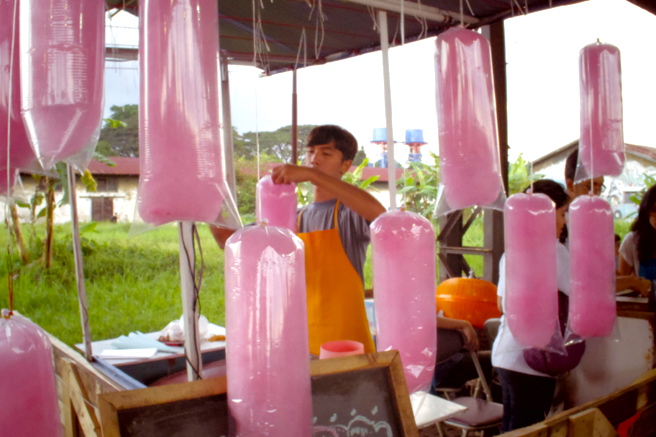
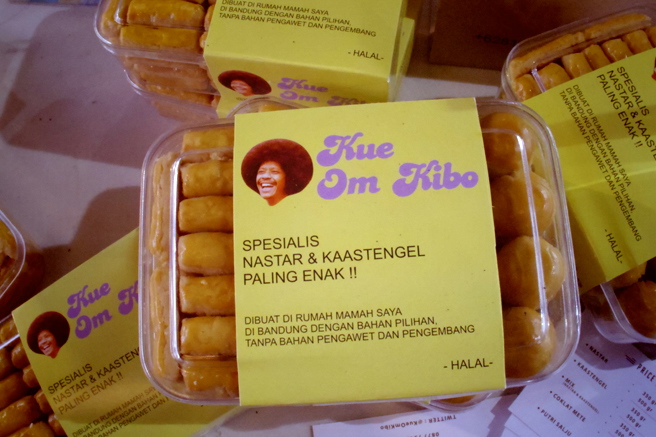
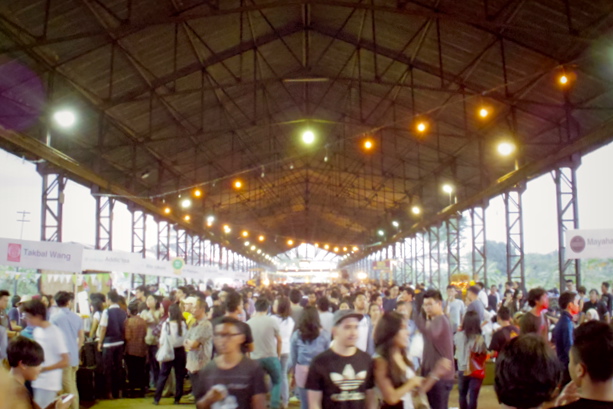
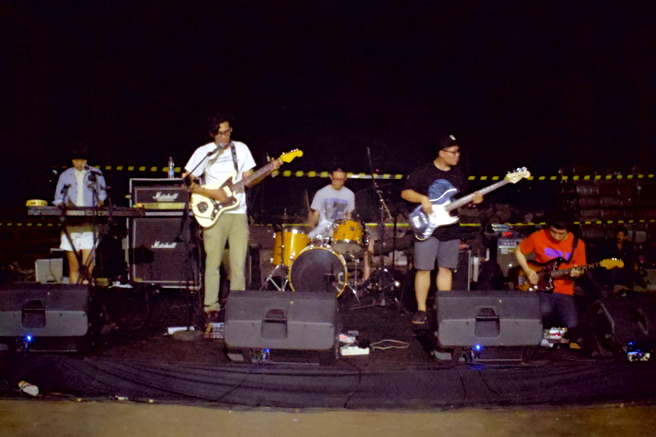
One of the things that make Jakarta (or any city, really) incomplete is its lack of outdoor events. Sure, we have festivals from time to time, but the day-to-day chaos of the city pushes most social activities indoors. Large, air-conditioned shopping malls often become Jakartans’ first choice because they are more convenient than the alternatives – especially with the unsupportive traffic. People can shop, eat, chat with friends, and if the mall is big enough, they can even get a bit of exercise by simply walking from one end of the building to the other.
While this system seems to work to a certain extent, it’s probably not the most ideal. There are many factors – the heavy pollution, the traffic, etc. – that make outdoor events difficult to organize in Jakarta and it might take a while for us to find a solution. Bandung, on the other hand, has an advantage that Jakarta does not. It’s smaller, the air there is fresher, and most importantly, there are people who believe that there are things that can be done in open spaces.
House The House, a Bandung-based design collective specializing in environmental regeneration, collaborated with EOC and PT Kereta Api Indonesia to present Keuken #4: The Jolly Camaraderie.
But what is Keuken?
The word itself means “kitchen” in Dutch, strongly implying the presence of food in the event. After all, if food can’t lure people out of the house – where they probably spend hours and hours watching television or browsing the Internet – what can? The event’s concept combines two of humanity’s most inherent desires: eating and being in the company of others.
But that’s not all there is to it. The first Keuken festival was held on July 24, 2011 along East Cikapundung. The motto was: “Reclaim the street, eat.” Trying to get the residents of a city – no matter how small the city may be – to participate in a huge social event definitely requires a lot of effort and dedication. After days, months, and years of taking the same route, or frequenting the same shops make us forget that we only do so because the city is ours – and it is these big events that can connect its owners.
This year, however, the team behind Keuken decided to take the festival to the next level. Instead of turning a street into a venue – a part of the city that we frequently see and pass, and therefore constantly reminds of its existence – Keuken #4 was held on June 9, 2013 at an abandoned train station in Cikudapateuh. It’s easy to claim ownership of what you always see, but it’s not as easy to do so when you hardly ever lay eyes on it – even harder when you don’t know it exists. House The House transformed the event from an everyday, familiar vibe to a historical one. And it was indeed an interesting experience.
Seeing so many food stalls selling different kinds of munchies (from assorted fritters to an Indonesian take on ramen) and music performances by bands such as Jirapah and 70’s Orgasm Club – all of which are products of more recent times – in a place so connected with the past made me realize that it is important to engage the inhabitants of a city with their current surroundings, as well as the city’s history.
The fact that Keuken #4 was packed with visitors throughout the entire day shows that there is a demand for fun activities that aren’t consumer-oriented (which malls tend to promote) and more natural and social.










